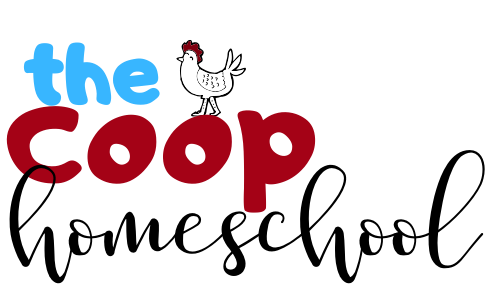Homeschool Approaches, Methods, & Philosophies
Classical
One of the most popular homeschool styles, which often employs “Great Books” and the “Applied Trivium into a chronological reading plan to study subjects areas historically. Often included are Greek and Latin learning.
The Well Trained Mind
Charlotte Mason
Based on the teaching of Charlotte Mason, a 19th century homeschooling pioneer. Charlotte Mason focuses on short study periods, nature studies, memorization, and reading - especially “living books.”
Simply Charlotte Mason
Eclectic
The most popular method of homeschooling and is often called “relaxed homeschooling.” Eclectic homeschoolers may pull from many other methods as the main objective is to educate their own individual child rather than to ascribe to a method.
Eclectic Homeschool
Montessori
A humanistic student-based approach to learning developed by Maria Montessori in the 20th century. This method utilizes large-unstructured time blocks, free movement, multi-grade teaching, and individualized learning plans.
Montessori
School-at-Home
This model is basically taking to traditional school approach and implementing it at home. If is often centered around complete curriculum packages based on grades and school years.
How to School-at-Home
Unit Studies
Are thematically related lesson plans that span multiple subject areas. Unit studies are often an instrument used within other homeschool methods.
Unit Study
Unschooling
A student-centered, free-form learning model based largely on the work of John Holt. Unschooling is unconventional and individualistic and encourages a learn-as-you-go education.
John Holt GWS
Special Mention Goes to:
Reggio Emilia Approach - a student centered approach that uses self-directed, experiential learning in relationship-driven environments. Reggio Children
Waldorf Education - is a philosophy that strives to develop artistic, intellectual, and practical skills in students in a holistic manner. Waldorf Education
